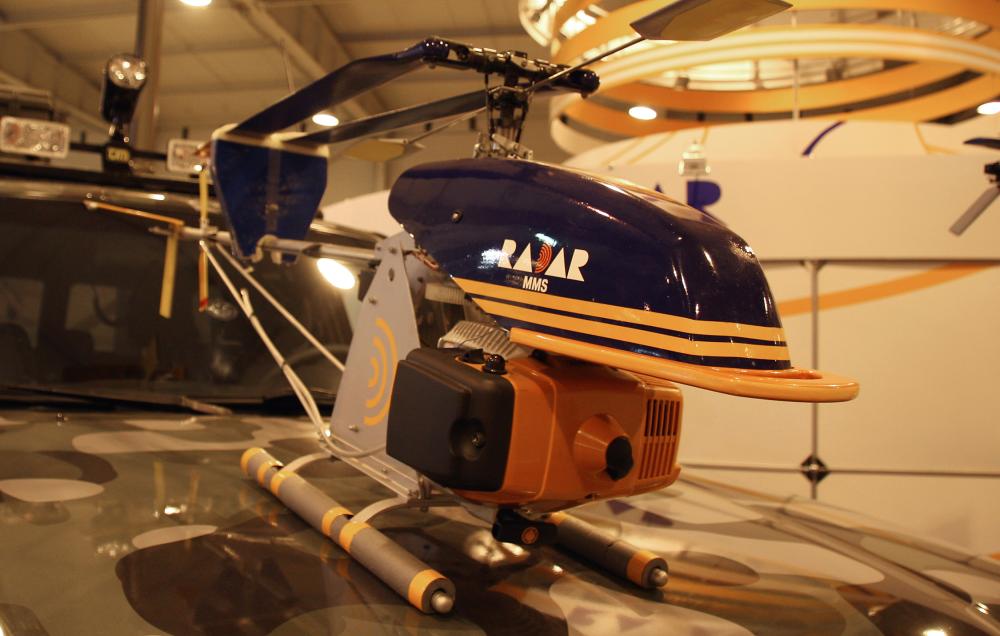Finding out your future career

Be proactive. Do not just wait for your dream job to find you.
MAKE CAREER PLANS A, B AND C
Find out what is an ideal career for you. Then check what is realistic considering your strengths and weaknesses. Do not forget to take into consideration your values. Use the information you have learned through Step 1.
Keep doors open for optional career paths. The changes in working life can be causing fundamental changes in your professional life. Therefore, be prepared.
Do not be too stuck on traditional ways of thinking. Dare to be innovative and dream big. On the other hand, remember that some dreams are meant to be just dreams.
SOME WAYS TO HELP YOU BUILD YOUR FUTURE CAREER
Find answers to what your present and future career opportunities and threats are. You should also set a broad career goal to know what direction you are going to.
- Set a career goal but keep it broad enough. Be ready to change it according to what happens in the job market.
- Build a personal information databank on interesting companies and organisations or keep in touch with people who can give you information on interesting companies and organisations.
- Find out what are the typical and untypical career paths in your own field. Alternative job profiles can offer the right career for you.
- Find out examples on how some individuals have built their career – in your own engineering discipline or in other fields. What were the key success factors? Can you use them as an example.
- Find out information on certain career crossroad situations (e.g. new graduate, unemployment, returning back to work after maternity leave or your field of technology has become obsolete).
- Consult friends, family and colleagues to seek new opportunities and enlarge your field of activity.
- Seek professional career consultation to get deeper.
- Attend lectures on career matters to get new tools for your thinking process.
- Use web tools for career counselling and information.
- Keep an open and broad view on possibilities following what competences are in demand in the job market.

TAKE A LOOK BACK BEFORE YOU MAKE PLANS ABOUT THE FUTURE
By doing this exercise, you can get started with planning your future career. It is important to find out what have been the good and the not-so-good experience during your professional career. Analyse the characteristics listed below about your past jobs/tasks.
- Tasks
- Positive things …
- Negative things … - Possibilities for professional development
- Positive things …
- Negative things … - Possibilities for career development
- Positive things …
- Negative things … - Salary and benefits
- Positive things …
- Negative things … - Organisation
- Positive things …
- Negative things … - Supervisor
- Positive things …
- Negative things … - Colleagues
- Positive things …
- Negative things … - Customers
- Positive things …
- Negative things … - Products and services
- Positive things …
- Negative things … - Networks
- Positive things …
- Negative things … - Other
- Positive things …
- Negative things …
SETTING A CAREER GOAL FOR YOURSELF
After the analysis, you can draft a picture of an ideal job and job situation. Do not make it too detailed, keep it broad enough. If you know even what general direction you would like to go to, it will guide your professional and personal decisions and choices. Without the goal, you choices will be made randomly and possibly even contradictory.
Remember that world is not perfect, therefore, you need to be ready to compromise about something. Think about what you need necessarily to be professionally content? Think about what is not crucially important? What is the right balance for your personal and professional life?
My career goal is:
